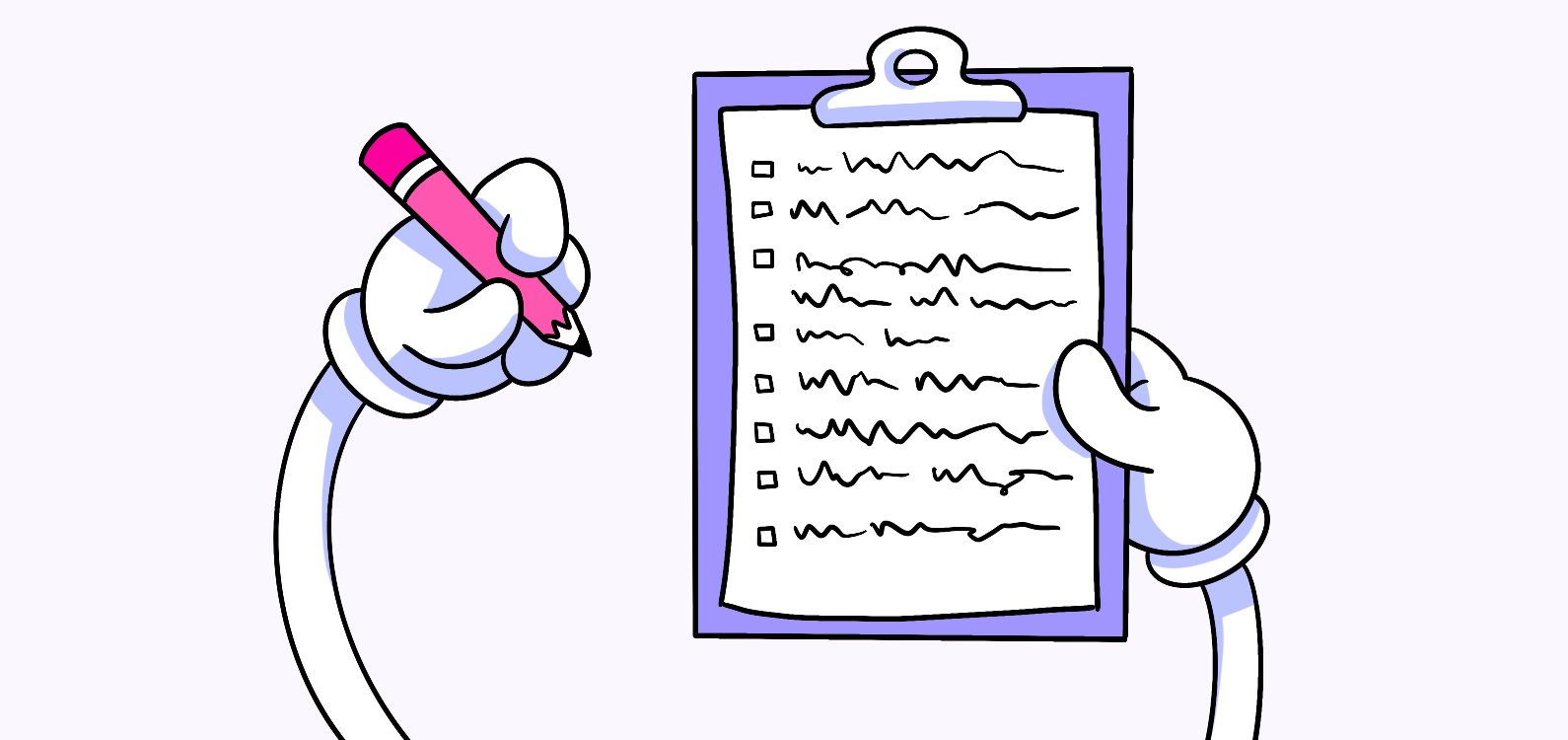How the Dunning-Kruger Effect Impacts Overconfidence
In a world where confidence is often praised and valued, it’s essential to understand the potential pitfalls of overconfidence. The Dunning-Kruger Effect, a psychological phenomenon that affects individuals’ self-perception and cognitive biases, sheds light on the dangers of unchecked confidence. Let’s delve into the origins, science, real-life implications, societal effects, and strategies for mitigating this fascinating phenomenon.
🔩 The Nuts and Bolts:
- The Dunning-Kruger Effect stems from cognitive biases. This psychological phenomenon occurs when people with lower skill levels overestimate their abilities due to biases like the illusion of superiority and confirmation bias.
- Metacognition is key to accurate self-assessment. Individuals with strong metacognitive skills can better gauge their abilities, while those lacking these skills are more likely to fall into the trap of the Dunning-Kruger Effect.
- Overconfidence in the workplace hinders productivity. In professional settings, overconfident employees may take on tasks beyond their capability, leading to errors and delays, while also resisting constructive feedback.
- Personal relationships are affected by the Dunning-Kruger Effect. Overconfident individuals may fail to acknowledge their weaknesses, causing conflict and strain in relationships. Active listening and empathy can help alleviate these issues.
- The Dunning-Kruger Effect fuels polarization in society. In politics and social media, overconfidence in one’s knowledge can lead to dogmatic beliefs, resistance to differing viewpoints, and the spread of misinformation.
- Feedback and self-reflection are critical in overcoming overconfidence. Regular feedback from peers, coupled with honest self-reflection, helps individuals build a more accurate understanding of their strengths and limitations.
The Origins of the Dunning-Kruger Effect
The Pioneers: David Dunning and Justin Kruger
The Dunning-Kruger Effect, a psychological phenomenon that has captivated researchers and the public alike, owes its name to the pioneering work of psychologists David Dunning and Justin Kruger. These two scholars embarked on a journey to unravel the mysteries of human cognition and self-assessment, ultimately uncovering a fascinating cognitive bias that bears their names.
Delving into the intricacies of human behavior and perception, Dunning and Kruger embarked on a series of experiments that would forever change the landscape of psychology. Their collaboration was marked by a relentless pursuit of truth and a commitment to uncovering the hidden forces that shape our understanding of ourselves and the world around us.
The Groundbreaking Study that Started It All
A pivotal moment in the history of psychology came with the publication of a seminal study by Dunning and Kruger, a study that would serve as the cornerstone of their groundbreaking research. Participants were carefully selected to engage in a series of tasks, followed by a self-assessment of their performance. The findings were nothing short of revelatory.
As the data unfolded, a clear pattern emerged: those with lower levels of skill and knowledge consistently overestimated their abilities, while those who excelled in the tasks displayed a remarkable degree of humility in their self-assessment. This dichotomy in self-perception shed light on the complexities of human cognition and sparked a wave of curiosity among scholars and laypeople alike.
This pivotal study not only challenged conventional wisdom but also laid the foundation for a new era of research into the intricate workings of the human mind. The Dunning-Kruger Effect, with its profound implications for understanding human behavior, continues to be a subject of fascination and exploration in the field of psychology.
Make your design decisions count.
Subscribe to Design Under Pressure. Get insights, UX metrics, and tools for bold, informed design.
We respect your inbox. Just insights. No fluff. Privacy Policy.
The Science Behind the Dunning-Kruger Effect
Cognitive Biases and Self-Perception
The Dunning-Kruger Effect arises from several cognitive biases that influence how we perceive ourselves and our abilities. One such bias is the illusion of superiority, where individuals believe they are better than the average person in various domains. This bias can hinder personal growth by preventing individuals from recognizing their limitations.
Another cognitive bias is confirmation bias, where people seek information that supports their pre-existing beliefs while dismissing contradictory evidence. This bias can reinforce overconfidence by shielding individuals from feedback that challenges their self-perception.
Moreover, the Dunning-Kruger Effect is also linked to the anchoring bias, where individuals rely too heavily on the first piece of information they receive when making decisions. This bias can lead to an overestimation of one’s abilities if initial feedback or results are positive, further perpetuating the cycle of incompetence.
The Role of Metacognition
Metacognition, or the ability to assess one’s own cognitive processes, plays a crucial role in the Dunning-Kruger Effect. Individuals lacking metacognitive skills struggle to accurately evaluate their performance and competence levels. This deficiency can lead to an inflated sense of ability.
Conversely, individuals with strong metacognitive abilities can better assess their strengths and weaknesses, leading to a more accurate self-perception. Developing metacognitive skills is essential for combating the Dunning-Kruger Effect.
Furthermore, research has shown that emotional intelligence also plays a significant role in mitigating the Dunning-Kruger Effect. Individuals with high emotional intelligence are better able to regulate their emotions, handle constructive criticism, and acknowledge their own limitations. This awareness contributes to a more realistic self-assessment and a reduced likelihood of falling prey to the cognitive biases that underpin the Dunning-Kruger Effect.
Body copy
Laws of UX
The Dunning-Kruger Effect in Everyday Life
Overconfidence in the Workplace
The Dunning-Kruger Effect frequently manifests in the workplace, affecting productivity and decision-making. Overconfident individuals may underestimate the complexity of tasks and take on responsibilities they are ill-equipped to handle. This can lead to errors, delays, and unfavorable outcomes.
Furthermore, overconfident employees may dismiss feedback and resist constructive criticism, impeding personal growth and team collaboration. Recognizing and addressing the Dunning-Kruger Effect is vital in promoting a healthy work environment.
It is essential for organizations to implement training programs that focus on self-awareness and skill assessment to combat the negative effects of the Dunning-Kruger Effect. By encouraging employees to reflect on their competencies objectively and seek continuous improvement, companies can foster a culture of humility and expertise.
The Impact on Personal Relationships
The Dunning-Kruger Effect can also affect personal relationships. Overconfident individuals may have difficulty acknowledging their flaws, leading to strained interactions and conflicts. In romantic relationships, the disparity between one partner’s perceived abilities and their actual competence can create discord and frustration.
Developing active listening skills and practicing empathy can help individuals navigate the Dunning-Kruger Effect in their relationships. Recognizing that everyone has both strengths and weaknesses fosters understanding and mutual growth.
Moreover, in social settings, the Dunning-Kruger Effect can influence group dynamics and communication patterns. Individuals exhibiting overconfidence may dominate conversations and overlook valuable input from others, hindering effective teamwork and collaboration. By promoting a culture of inclusivity and respect for diverse perspectives, groups can mitigate the impact of the Dunning-Kruger Effect and enhance collective decision-making processes.
The Dunning-Kruger Effect and Society
The Effect on Politics and Public Opinion
The Dunning-Kruger Effect, a cognitive bias wherein individuals with low ability at a task overestimate their ability, has far-reaching implications for politics and public opinion. In the realm of politics, overconfident individuals may exhibit a tendency to hold dogmatic beliefs and dismiss alternative perspectives, thereby exacerbating polarization and facilitating the dissemination of misinformation. This phenomenon can act as a barrier to meaningful discourse and hinder the process of making well-informed decisions that benefit society as a whole.
Furthermore, the Dunning-Kruger Effect underscores the importance of fostering a culture that values critical thinking skills, encourages the exploration of diverse viewpoints, and promotes an open-minded approach to complex issues. By cultivating these attributes, individuals can better equip themselves to navigate the challenges posed by the prevalence of this cognitive bias in societal discourse.
The Influence on Social Media and Online Interactions
Within the realm of social media and online interactions, the Dunning-Kruger Effect often manifests in unique and potent ways. The digital landscape provides individuals with a platform to carefully curate their online personas, leading to an inflation of self-perception and a heightened susceptibility to the cognitive distortions associated with the Dunning-Kruger Effect. Moreover, the phenomenon of the echo chamber, wherein individuals predominantly engage with like-minded individuals and content, serves to reinforce existing beliefs and can further entrench the influence of this cognitive bias.
To counteract the impact of the Dunning-Kruger Effect in online spaces, it is imperative for individuals to employ fact-checking mechanisms, cultivate mindfulness in their consumption of digital content, and actively participate in constructive dialogues that encourage critical thinking and the exploration of differing viewpoints. By adopting these strategies, individuals can strive to mitigate the negative consequences of the Dunning-Kruger Effect on the quality of discourse and interactions in the online sphere.
The Importance of Feedback and Self-Reflection
Receiving feedback from others is crucial in overcoming the Dunning-Kruger Effect. Constructive criticism allows individuals to gain a more accurate understanding of their abilities and areas for improvement. It is essential to cultivate a growth mindset and embrace feedback as an opportunity for personal growth.
However, feedback alone may not be sufficient. Engaging in regular self-reflection can further enhance the process of overcoming the Dunning-Kruger Effect. By taking the time to introspect and analyze our own thoughts and actions, we can identify our own biases and blind spots. This self-awareness is key in fostering realistic self-perception and fighting the negative effects of overconfidence.
Moreover, self-reflection can help us understand the root causes of our overconfidence. Are we relying too heavily on our past successes? Are we underestimating the complexity of a task? By delving into these questions, we can uncover the underlying factors that contribute to our inflated self-perception.
Strategies for Overcoming Overconfidence
There are several strategies individuals can employ to overcome the Dunning-Kruger Effect. Seeking diverse perspectives and actively listening to alternative viewpoints can broaden one’s understanding and prevent the pitfalls of tunnel vision.
Furthermore, setting attainable goals can be a powerful tool in mitigating overconfidence. By breaking down larger objectives into smaller, manageable tasks, we can maintain a realistic perspective on our abilities and progress. Seeking feedback from experts or mentors along the way can provide valuable insights and help us assess our progress accurately.
Additionally, embracing continuous learning is essential in mitigating overconfidence. Recognizing that knowledge is ever-evolving and that there is always more to learn can help us remain humble and open-minded. By staying curious and seeking out new information, we can expand our understanding and challenge any unwarranted overconfidence.
In conclusion, understanding the Dunning-Kruger Effect is crucial for navigating the complex realm of self-perception and confidence. By acknowledging the cognitive biases that contribute to overconfidence, recognizing the impact of the phenomenon in various aspects of life, and employing strategies for mitigation, individuals can foster a balanced self-perception and promote growth both within themselves and society as a whole.
However, it is important to note that overcoming the Dunning-Kruger Effect is not a one-time achievement. The quest for self-awareness and humility is an ongoing journey worth embarking on. By continuously seeking feedback, engaging in self-reflection, and implementing strategies to overcome overconfidence, we can navigate the intricate landscape of self-perception with greater clarity and authenticity.
Dunning-Kruger Effect FAQs
The Dunning-Kruger Effect is a cognitive bias where people with lower abilities or knowledge tend to overestimate their competence. This occurs because they lack the skills necessary for accurate self-assessment, leading to inflated self-perception.
In the workplace, individuals affected by the Dunning-Kruger Effect may take on tasks they are not qualified for, which can lead to mistakes and poor outcomes. Overconfidence can also prevent them from accepting feedback, limiting personal and team growth.
Metacognition, or the ability to assess one’s own thinking and abilities, is crucial in avoiding the Dunning-Kruger Effect. People with strong metacognitive skills are more likely to have a realistic view of their competencies and are better at recognizing their limitations.
On social media, the Dunning-Kruger Effect can contribute to echo chambers and misinformation. Overconfident individuals may dismiss differing opinions and spread false information, reinforcing their biased views and contributing to societal polarization.
To combat the Dunning-Kruger Effect, individuals should seek feedback from others, engage in self-reflection, and continuously learn. Encouraging diverse viewpoints and focusing on self-awareness are effective ways to reduce overconfidence.
Overconfidence can create conflicts in personal relationships as individuals may be unable to acknowledge their weaknesses. Active listening, empathy, and open communication can help reduce the negative impact of the Dunning-Kruger Effect in these situations.
In politics, the Dunning-Kruger Effect can lead to overconfidence in one’s political views, reducing openness to alternative perspectives. This contributes to increased polarization and the spread of misinformation, making constructive dialogue more difficult.



